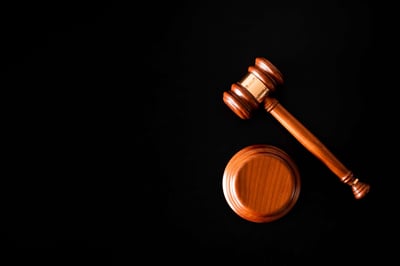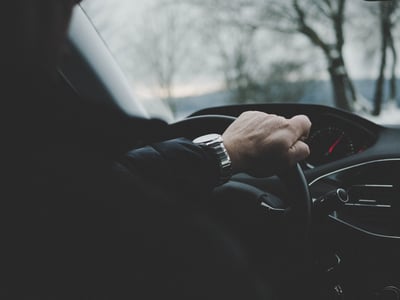You are not required to answer potentially incriminating questions. Politely say, “I would like to speak with an attorney before I answer any questions.” This is an appropriate reply, although you are not entitled to counsel during a roadside stop unless you are in custody and questioned. Saying that you had one or two beers is not incriminating, is not sufficient to cause intoxication, and may explain the odor of alcohol on the breath.
Under Wisconsin law, a person is considered to be boating under the influence (BUI) if their blood or breath alcohol concentration (BAC) is 0.08% or higher. This limit applies to the operation of motorboats and other motorized watercraft. Additionally, for individuals under the age of 21, any detectable amount of alcohol in their system can result in a BUI charge.
The Basics of Boating Under the Influence in Wisconsin
In Wisconsin, boating under the influence laws are designed to ensure the safety of all individuals on the water.
Here are some key points about Wisconsin's BUI regulations:
Legal Limits
- BAC of 0.08% or Higher: For individuals operating a motorboat or other motorized watercraft, a BAC of 0.08% or higher is considered over the legal limit.
- Underage Operators: For individuals under the age of 21, Wisconsin enforces a zero-tolerance policy, meaning any detectable amount of alcohol can lead to a BUI charge.
Enforcement
- Implied Consent: By operating a motorboat in Wisconsin, you automatically consent to alcohol and drug testing if law enforcement suspects you of being under the influence. Refusal to take a test can result in penalties, including fines and suspension of boating privileges.
- Field Sobriety Tests: Officers may perform field sobriety tests on suspected intoxicated operators. Based on the results, they may request a breath, blood, or urine test.
Penalties
Penalties for BUI in Wisconsin can be severe and may include the following:
- Fines: Monetary fines vary depending on the severity of the offense and whether it is a first or subsequent offense.
- Jail Time: First-time offenders may face jail time, while repeat offenders are subject to longer incarceration periods.
- Boating Privileges: Offenders may have their boating privileges suspended or revoked.
- Alcohol Education Programs: Offenders might be required to attend alcohol education or treatment programs.
Additional Considerations
- Operating a Non-Motorized Vessel: While the primary focus is on motorized vessels, operators of non-motorized vessels (such as canoes and kayaks) may also face BUI charges if their impairment poses a danger to themselves or others.
- Accidents and Injuries: If a BUI offense results in an accident, injury, or death, the penalties can be significantly more severe, including felony charges and substantial prison time.
Madison OWI Attorney Patrick J. Stangl, is committed to exploring options for your best defense and has defended clients across the state since 1991. To this end, he is pleased to offer a FREE 10-minute consultation at no obligation to discuss the specifics of your case and take the first step in putting this stressful time behind you.
Being charged with a crime in Wisconsin can be an intimidating, scary, and ultimately life-changing event. If you hire Attorney Stangl to defend your criminal case, he can:
- Review the case for defects
- Potentially move for the suppression of evidence
- Compel the discovery of evidence to support your innocence
Fill out the form to request your FREE 10-minute consultation at no obligation right away.

Attorney Patrick Stangl
Nationally recognized for excellence, Wisconsin Criminal Defense Attorney Patrick J. Stangl has been practicing law in the Badger State since 1991. While his expertise spans the breadth of criminal law, Attorney Stangl is well-known for his impressive record as a Wisconsin OWI attorney, defending all types of drunk driving and driving under the influence charges such as OWI, DUI, DWI, BAC, PAC, and more.






